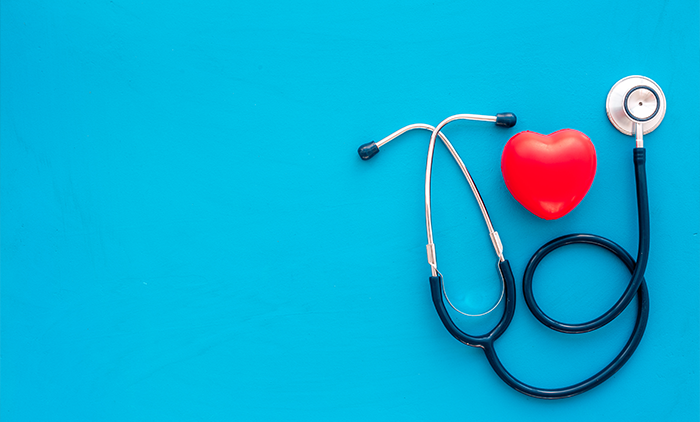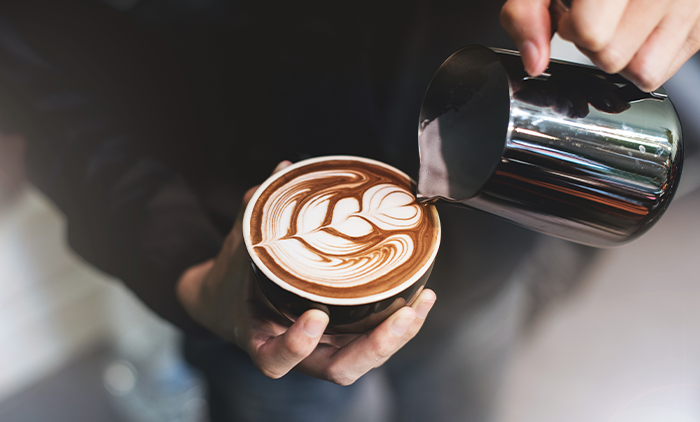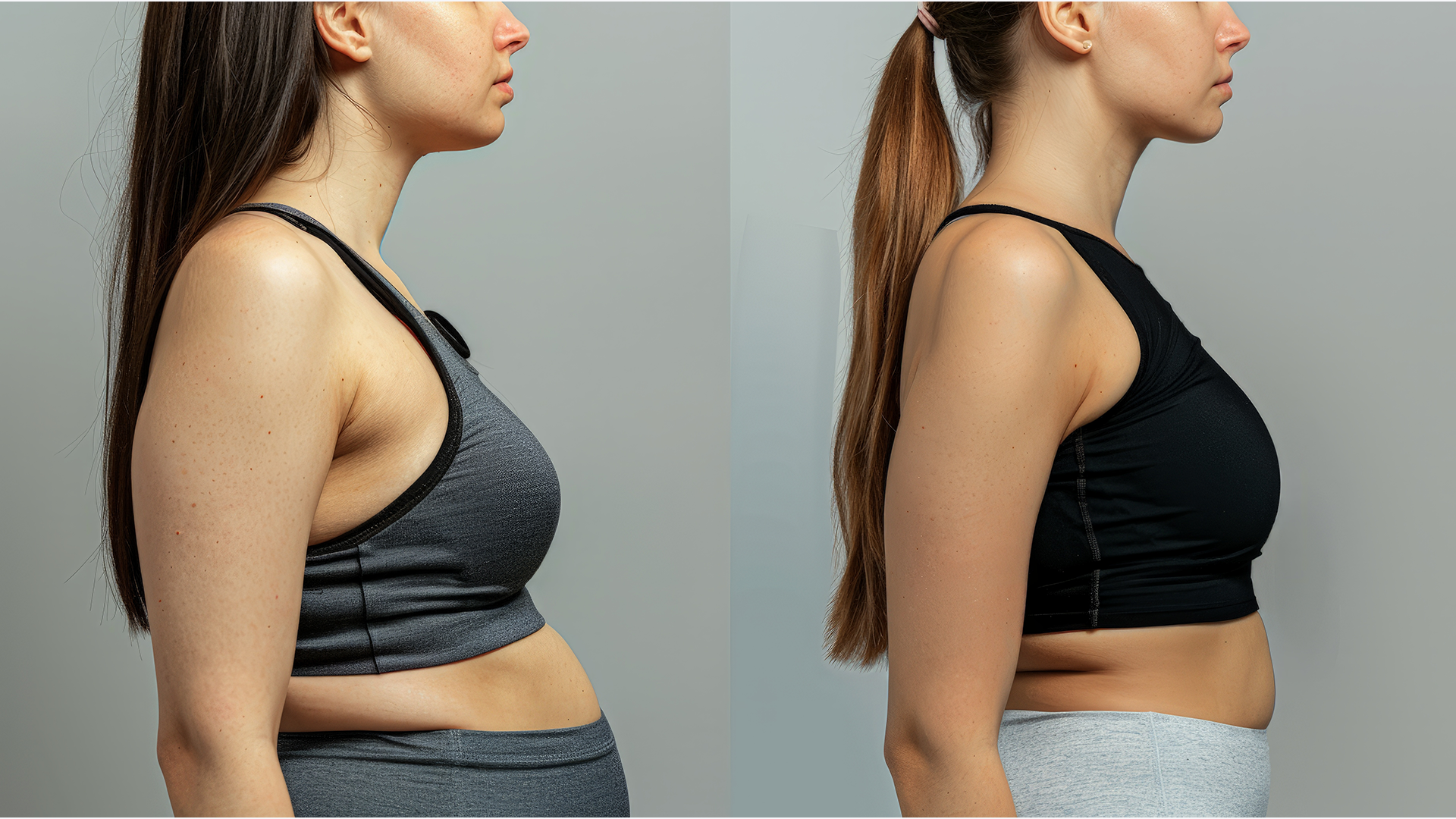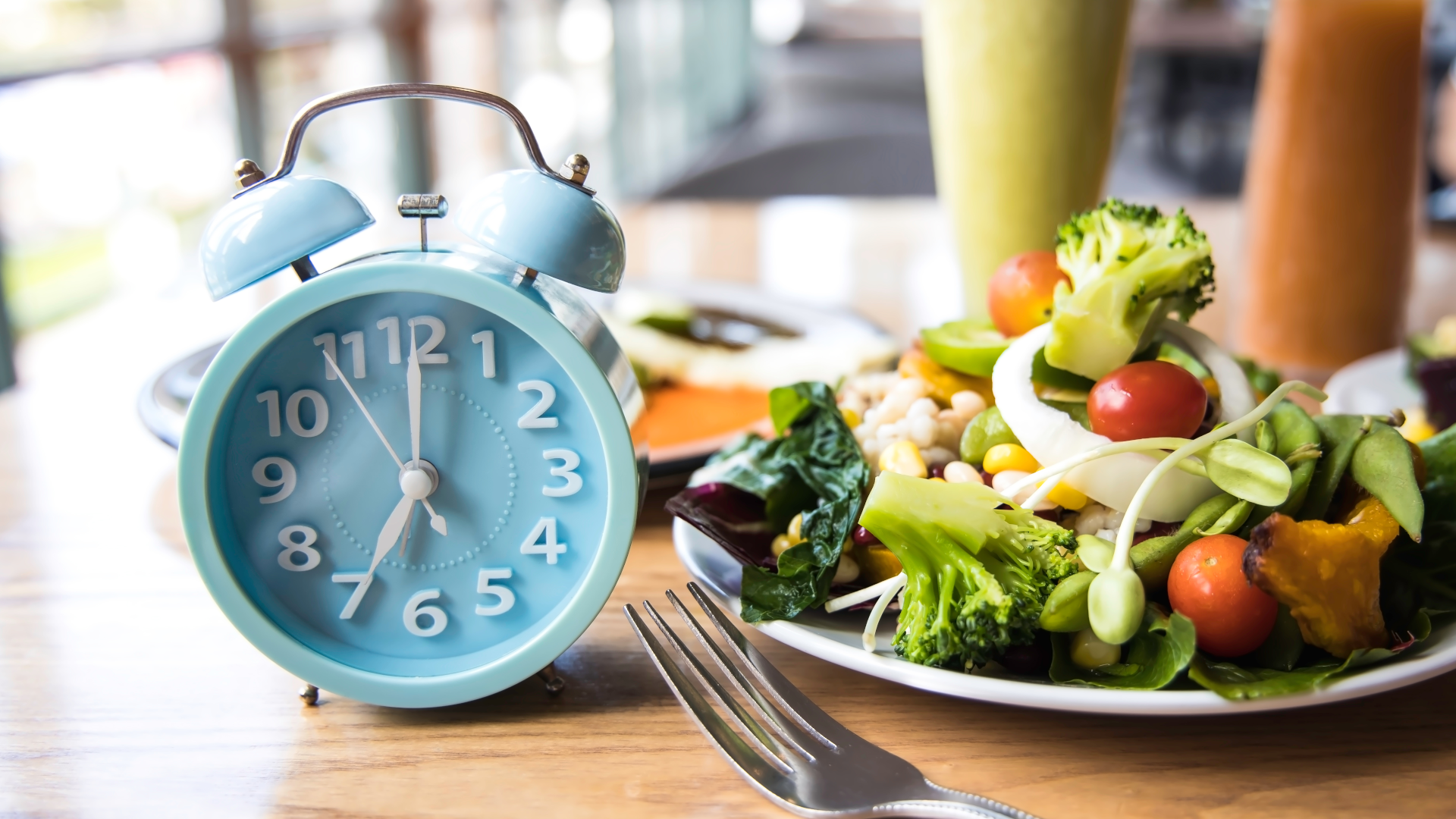Fasting has been a popular health trend over the last few years, and with good reason.
Intermittent fasting has been shown to improve your metabolic health, reduce bodily inflammation, and even help you lose weight faster. Furthermore, it can help you improve your brain function, increase control over your dopamine cravings, and improve overall mental focus.
However, many people wonder if drinking caffeine while fasting is still okay. After all, many of us crave a warm coffee in the morning and use it to boost our physical energy levels and mental sharpness first thing in the morning. Many people also use coffee and other caffeinated drinks as a substitute for breakfast.
This begs the question - is drinking caffeine classified as cheating when you’re meant to be fasting?
If you are a passionate coffee drinker, this could mean the difference between a successful fast and a horrible experiment gone wrong.
This article will explore the benefits and drawbacks of drinking caffeine during a fast and offer some natural alternatives to boost your energy levels.
Related content: What are the benefits of fasting and can you use it to lose weight?
What is fasting?
Fasting is an increasingly popular trend, but its origins go back centuries - with different religions, cultures and individuals encouraging its practice.
Fasting is a form of dietary restriction that involves abstaining from food for extended periods. Different fasting regimens include time-restricted eating, alternate-day fasting, and the increasingly popular 5:2 diet.
Each fasting type has unique benefits - such as improved blood sugar control, better mental clarity, and increased energy levels.
However, for simplicity's sake, we will focus on intermittent fasting here. This type of fasting focuses on when you can and can’t eat rather than what you can eat.
While we will explore the benefits of fasting below, it's vital to remember that fasting is not a diet - it's an eating pattern.
That means it should be combined with a balanced diet to get the most out of fasting. For example, if you're following an intermittent fasting regimen, you should still eat plenty of nutritious food when abstaining.
Furthermore, at this point, it's critical to point out that fasting isn't for everyone. If you have certain medical conditions (such as diabetes), you should consult your doctor before starting a fasting regimen. Additionally, if you are pregnant, you should avoid fasting as it can be dangerous for your health.
What are the benefits of intermittent fasting?
Fasting is tough, but if you can stick through the pain, some tremendous benefits await you on the other side. Here is a selection of the most compelling benefits of intermittent fasting:
Heart health
Fasting has been associated with improved heart health - which, given that heart disease is a massive killer - is good news.
Although a direct correlation between fasting and heart disease is tricky to draw, the practice has been proven on animals to significantly help several factors that cause heart problems.

For example, fasting can help balance blood sugar and pressure levels, reduce blood triglyceride levels in your system, lower LDL cholesterol and regulate inflammatory markers. Although this evidence is based on animal studies, they are almost certain to transfer to humans to a meaningful degree.
Inflammation control
Another great benefit of intermittent fasting is improving your control over inflammation. This is fantastic news because inflammation is a common cause of many serious diseases.
Fasting improves your body’s resistance to oxidative stress, which is linked to aging and several chronic illnesses.
Dopamine reset
Dopamine is a chemical messenger that plays a role in motivation, reward, and focus. It is like a mental dog treats, making us feel good when we complete a task necessary for our ‘survival’ - such as eating, drinking or having sex.
However, dopamine addiction or disorder is an increasingly serious problem in today’s society - predominantly due to the rampant levels of ‘cheap’ dopamine available to everyone.
This includes social media content, sugary foods, watching TV or streaming services, pornography, and apps on mobile devices.
Unfortunately, this can overwhelm our relatively unsophisticated dopamine receptors. The result is a lack of motivation, energy, drive or focus, potentially devastating daily life.
Thankfully, fasting affects the levels of neurotransmitters, including dopamine, in the brain. Fasting can increase dopamine release in certain brain areas, potentially improving focus and concentration.
To reset dopamine levels through fasting, it is best to start with shorter fasting periods and gradually increase the duration.
Intermittent fasting, where you eat during a certain window of time and fast for the rest of the day, is a popular and practical approach. For example, you can start with a 12-hour fast (such as eating between 8 am and 8 pm and fasting the rest of the time) and gradually increase the fasting period to 14-16 hours.
Boost the metabolism and lose weight
Arguably the most noteworthy reason why people enjoy fasting is that it can help them shift some excess weight.
In layman's terms, this is obvious. When you eat less food (or no food at all in this case), you will ingest fewer calories that need burning off. You will then start eating into your fat, which will then disappear.
However, the science behind this is rather more complex. A metabolic state known as ketosis is triggered inside your body when you fast. Within this state, fat is burned for energy instead of carbohydrates. This can cause quick weight loss, improved insulin sensitivity, and many other health benefits.
How does caffeine help fasting?
Transitioning into ketosis can be tricky, which is where caffeine comes in.
Caffeine is a natural stimulant that can increase metabolism. It releases an increased amount of adrenaline, the hormone which triggers your "fight or flight" response. Your body increases metabolism burns more calories, and releases stored fat into the bloodstream for energy.
Caffeine also inhibits an enzyme called phosphodiesterase, which regulates the breakdown of the cyclic adenosine monophosphate (cAMP) molecule.
By blocking this enzyme, caffeine encourages the release of stored fat into the bloodstream for use as energy. The result of all this science-speak is that caffeine helps you burn more calories even if you're not exercising.
Furthermore, caffeinated drinks like coffee have been shown to increase the production of two hormones that regulate hunger, leptin and ghrelin. Leptin suppresses your appetite, while ghrelin stimulates it. When you drink coffee for example, your leptin levels rise while your levels of ghrelin fall.
As a result, coffee can help reduce your appetite, making it easier to stick to your fasting schedule.
Caffeinated drinks can also boost the effects of fasting by boosting the production of norepinephrine, a hormone involved in the thermogenesis process.
This is the process by which the body generates heat and burns calories.
Norepinephrine encourages the release of stored fat into the bloodstream to be used as energy, which can help to boost metabolism and enable weight loss.
So, can you drink coffee while fasting?
So, onto the burning question for coffee drinkers everywhere - can you drink it when you’re fasting?
Well, the answer is yes straight off the bat - albeit with certain caveats (more on that later).
You can consume coffee on intermittent fasting, but it should be black without added sweeteners or creamers. These added ingredients can break your fast because they contain calories and sugar, which can interfere with the health benefits of fasting.

Furthermore, caffeine interferes with your body’s natural circadian rhythms and disrupts your sleep-wake cycle. If you plan on drinking black coffee while fasting, keeping your caffeine intake in check and avoiding drinking it too close to bedtime is best.
It is also important to note that drinking plain black coffee while fasting can cause dehydration. This is because caffeine is a diuretic, which increases the amount of water and electrolytes lost through urination. To avoid dehydration, drink plenty of water throughout the day and consider adding electrolytes to your water to replenish lost minerals.
You could also treat your fast as a coffee break - a chance to reduce your coffee consumption for a limited amount of time.
Related content: 9 ways to improve sleep quality
Coffee can boost the benefits of fasting.
Although it may seem counterintuitive at first, studies have shown that black coffee can increase the benefits of fasting. Caffeine has been shown to increase metabolic rate and boost fat burning, which may help enhance the weight loss benefits of fasting.
However, it’s important to remember that caffeine is a stimulant, so too much can adversely affect your health. As a result, it’s best to stick with black coffee and avoid adding sugary or creamy ingredients.
Moreover, too much caffeine can lead to insomnia, anxiety, and other health issues. Therefore, limiting your intake to no more than two cups of black coffee per day is best.
Related Article: What is Caffeine Anhydrous
You can drink green or herbal tea
On the whole, green and herbal teas are considered acceptable beverages to consume during a fast because they are calorie-free and do not contain any added sugars or artificial ingredients.
Green tea is a particularly good option for fasting because it contains caffeine which, as we have already discovered, boosts your metabolism and suppresses your appetite. Additionally, green tea contains antioxidants and compounds called catechins, which are thought to promote weight loss and improve insulin sensitivity.
Herbal teas such as mint, ginger, and turmeric tea are also great options during fasting. They not only keep you hydrated but also provide compelling health benefits. For example, mint tea eases digestion, ginger tea reduces inflammation, and turmeric tea can improve your brain function.
You should note that certain herbal teas contain a small number of calories, such as sweetened with honey or added milk. If you're following a strict fasting regimen, it's best to avoid these teas and stick to plain green or herbal teas made with water.
It's also worth mentioning that some people experience adverse side effects from consuming caffeine during a fast. Avoiding green tea or limiting your consumption is best if you're particularly sensitive to caffeine.
Energy drinks are best avoided
When you’re mid-fast, downing an energy drink can be incredibly tempting.
That quick hit of sugary energy would certainly give you an added boost, but at what cost?
On the whole, it is best to avoid energy drinks altogether. This is because most energy drinks contain vast amounts of sugar, caffeine, and other stimulants that can easily break your fast by providing calories. In addition, high levels of caffeine can negatively affect your health - such as increased heart rate and blood pressure.
Furthermore, energy drinks can cause dehydration due to their diuretic effects. This can be especially dangerous if you are fasting, as dehydration can lead to fatigue, headaches, and other unpleasant symptoms. Energy drinks can also cause insomnia, irritability, and anxiety due to their stimulant effects.
How can you naturally boost your energy levels while fasting?
At this point, you’re probably wondering how on earth you will make it through a fast without these drinks.
Well, the good news is that there are plenty of natural alternatives.
Start by making sure you’re getting enough sleep. Getting enough rest is essential for maintaining energy levels throughout the day and feeling sharp.

You should also increase your vitamin B consumption. Vitamin B is essential for energy production and helps give you an extra boost when fasting.
Moreover, exercise can significantly increase your energy levels - as counterintuitive as it sounds. Start by incorporating light exercise into your fasting routine - such as aerobics or walking.
Lastly, you should ensure your diet is balanced and healthy on either side of your fasting hours. By loading up on energy-rich foods - such as fruit, vegetables, and lean protein - you will find it easier to get through the day.
Is it okay to drink caffeine while fasting?
To round up, while it is okay to drink caffeine while fasting, it’s essential to be mindful of how much you’re consuming.
Moderation is key.
Stick to black coffee without added sweeteners or creamers, and limit your intake to a couple of daily cups, or switch out the coffee for natural, herbal teas without added sweeteners.
Finally, ensure you get enough rest and boost your B vitamin intake for the best results.
By leveraging natural energy boosters like a hearty pre-fast meal or exercise, you will find it far easier to complete your mental and physical fast.
If you need an extra boost then you can try PhenQ, which will help suppress your appetite and speed up your metabolism - and can be taken alongside intermittent fasting diets.




